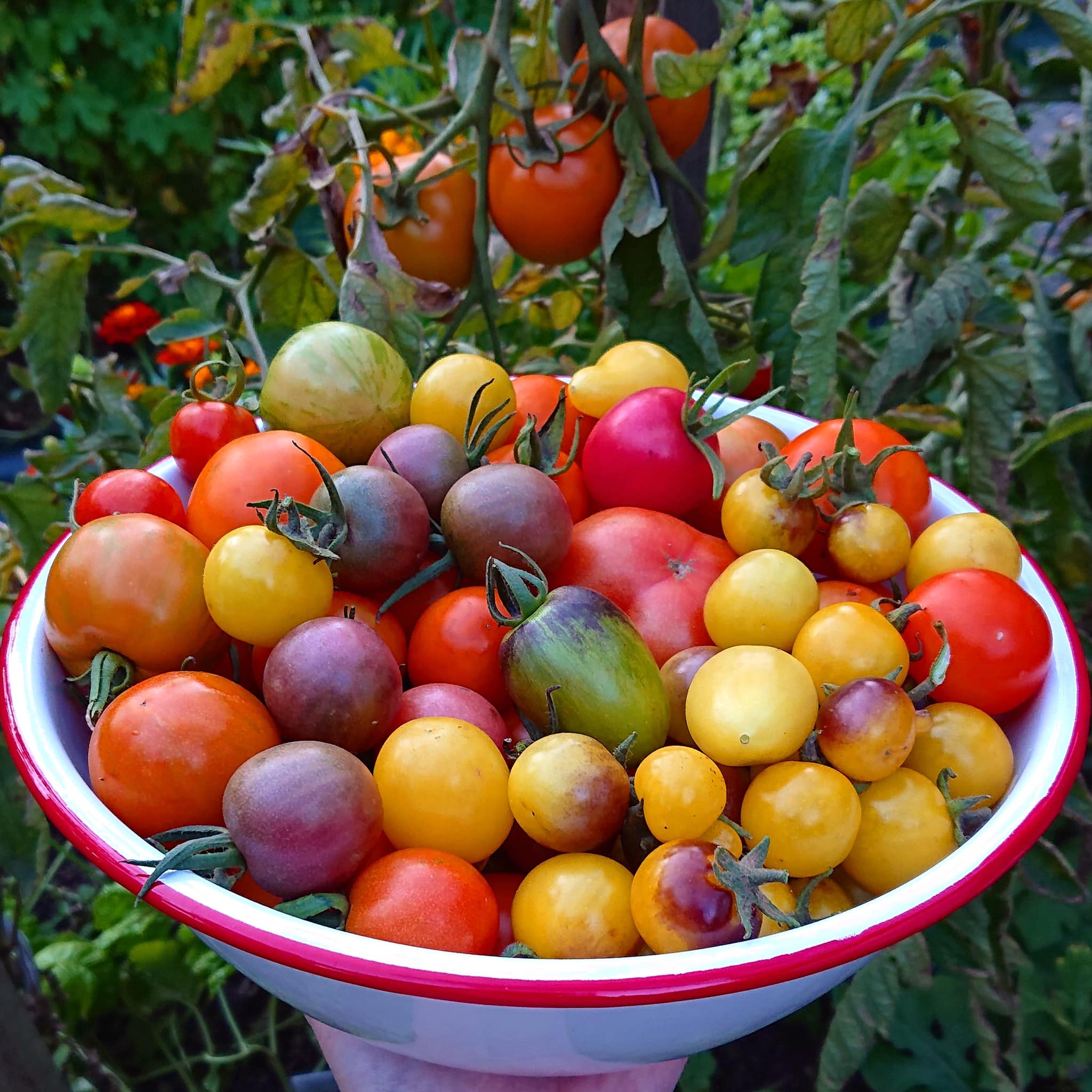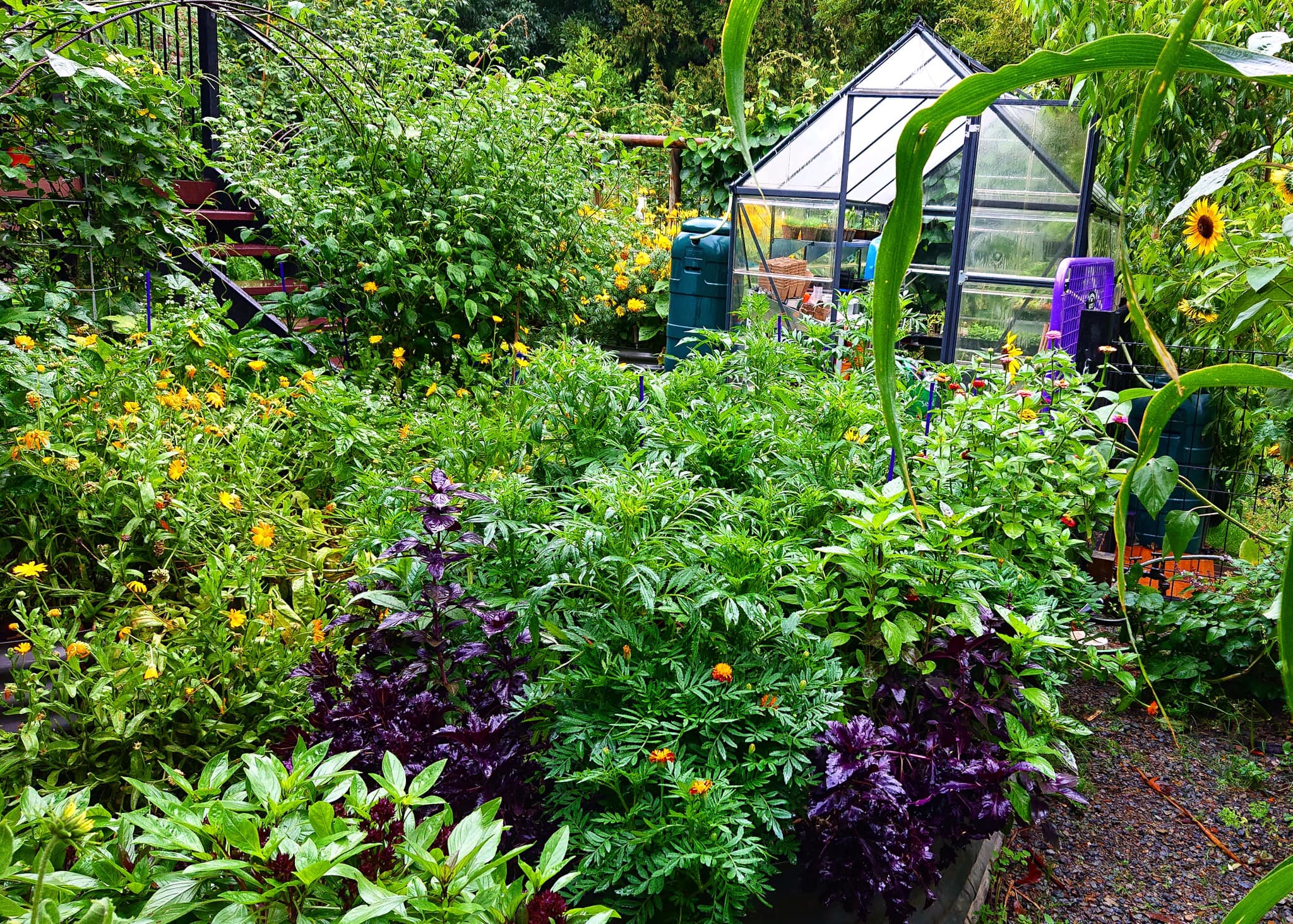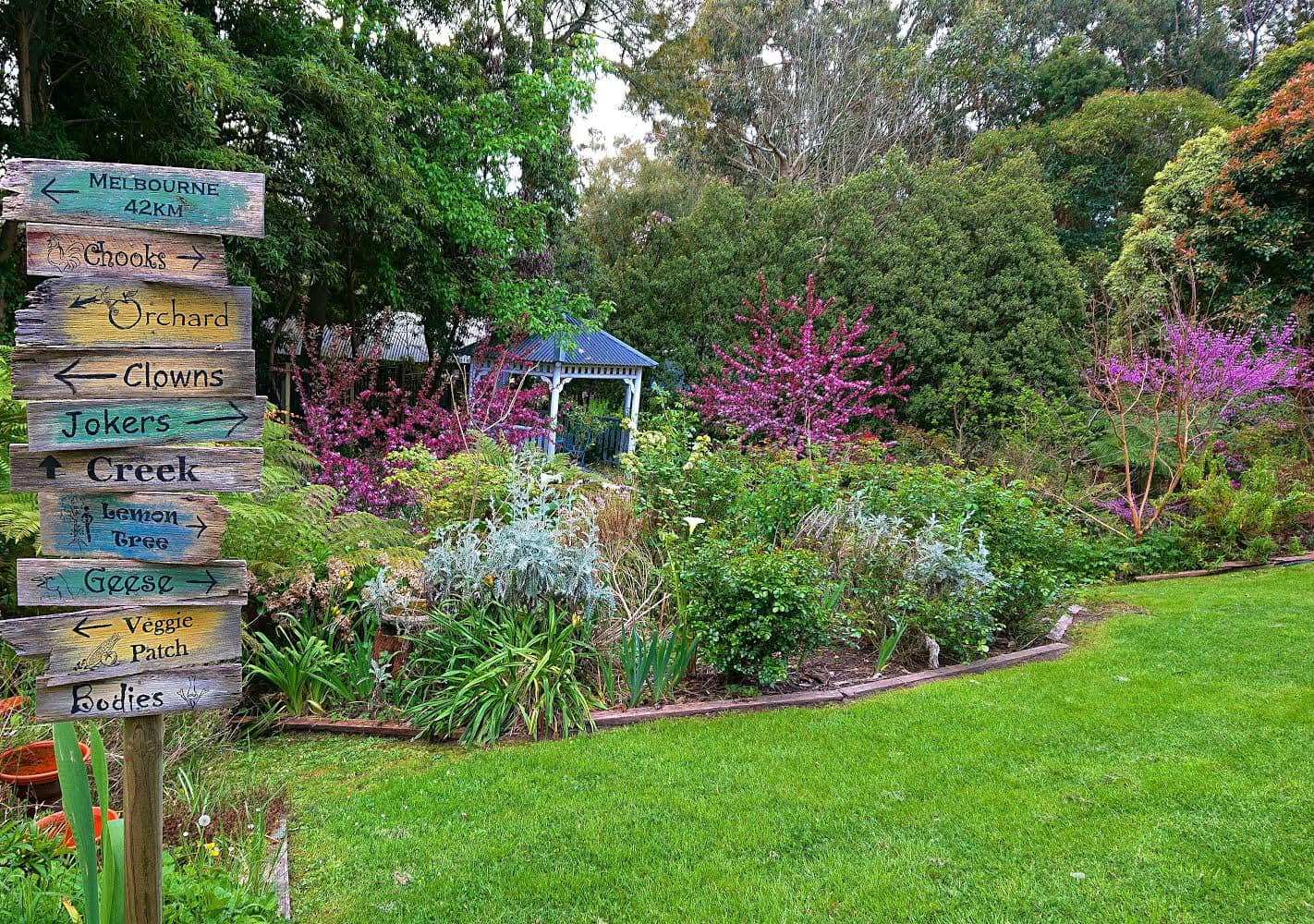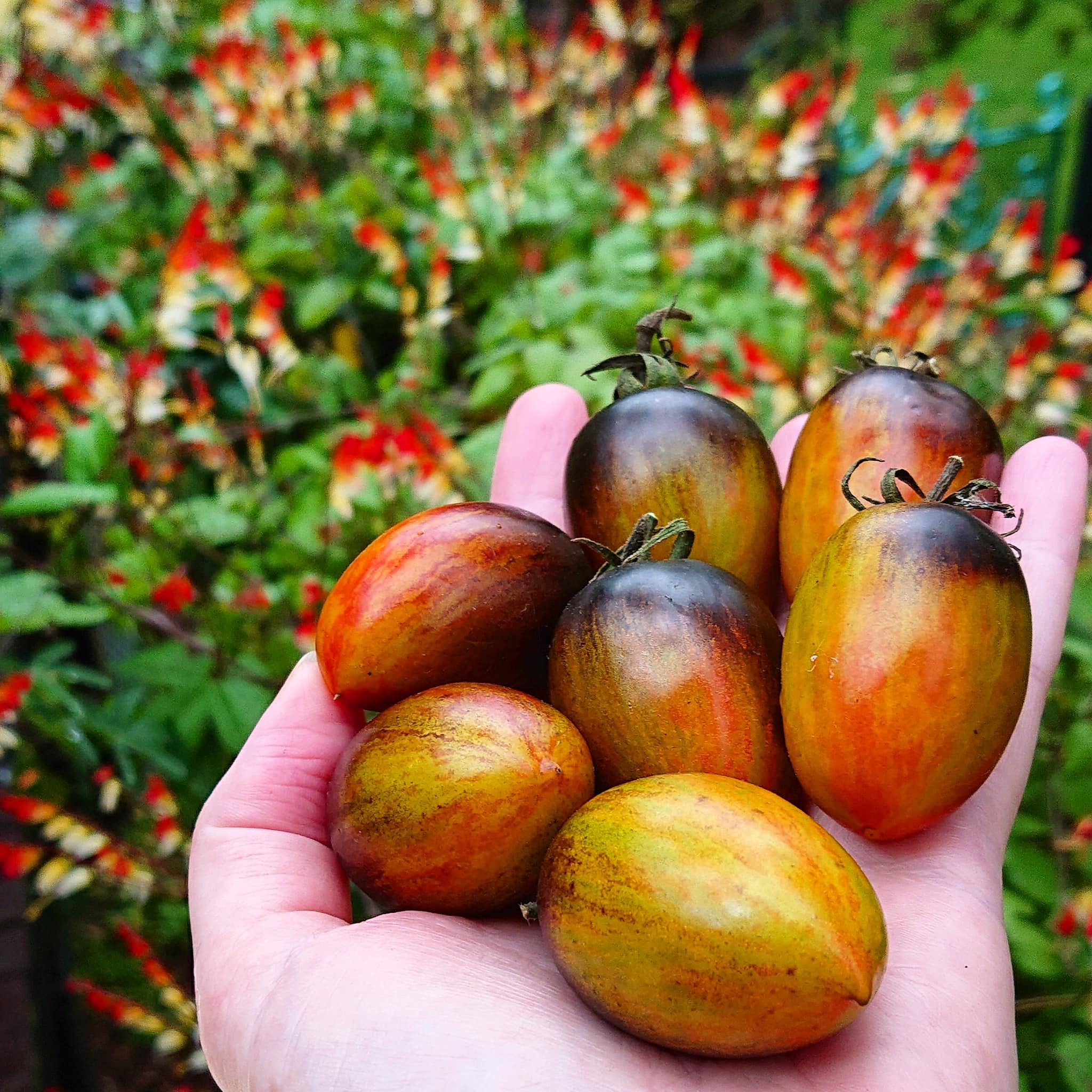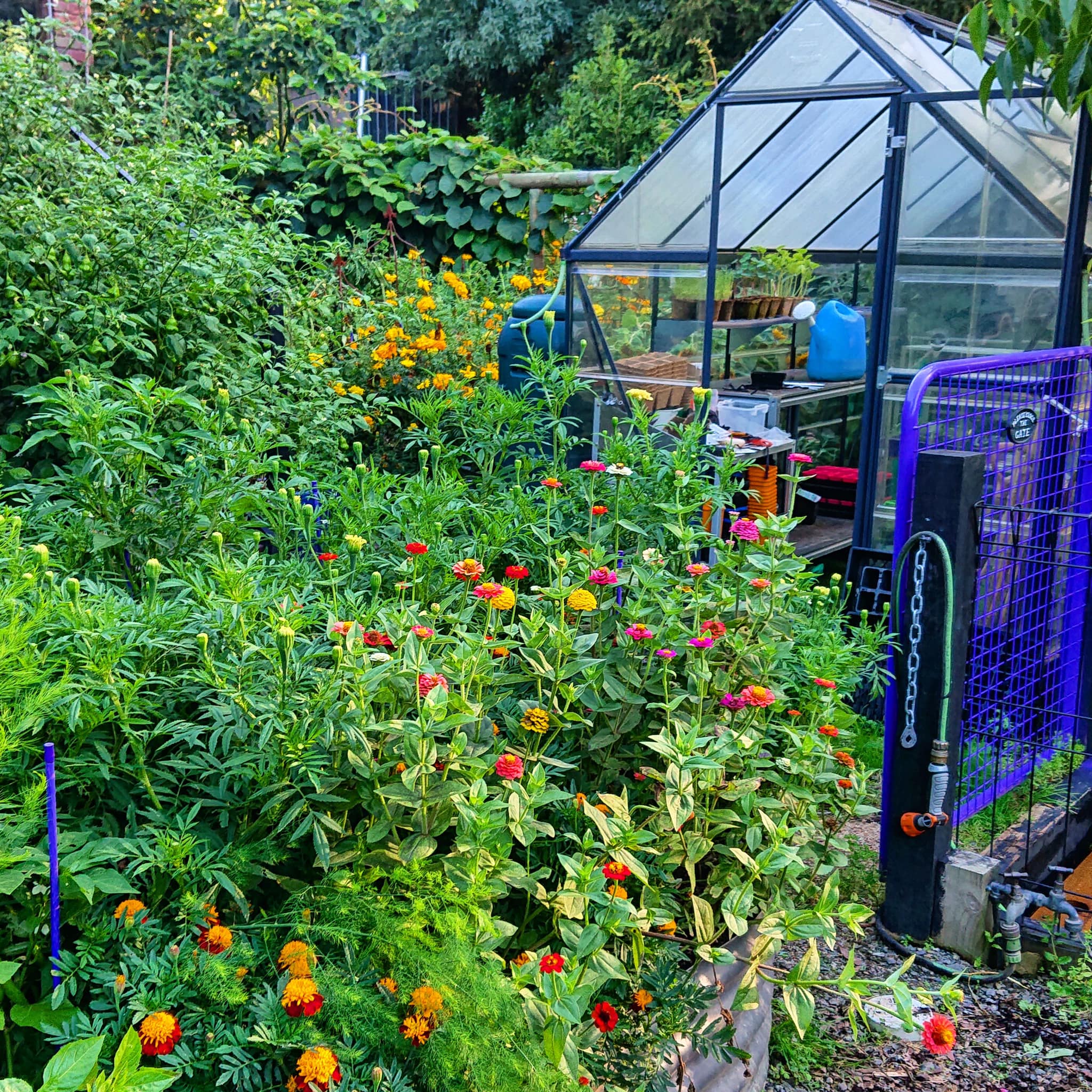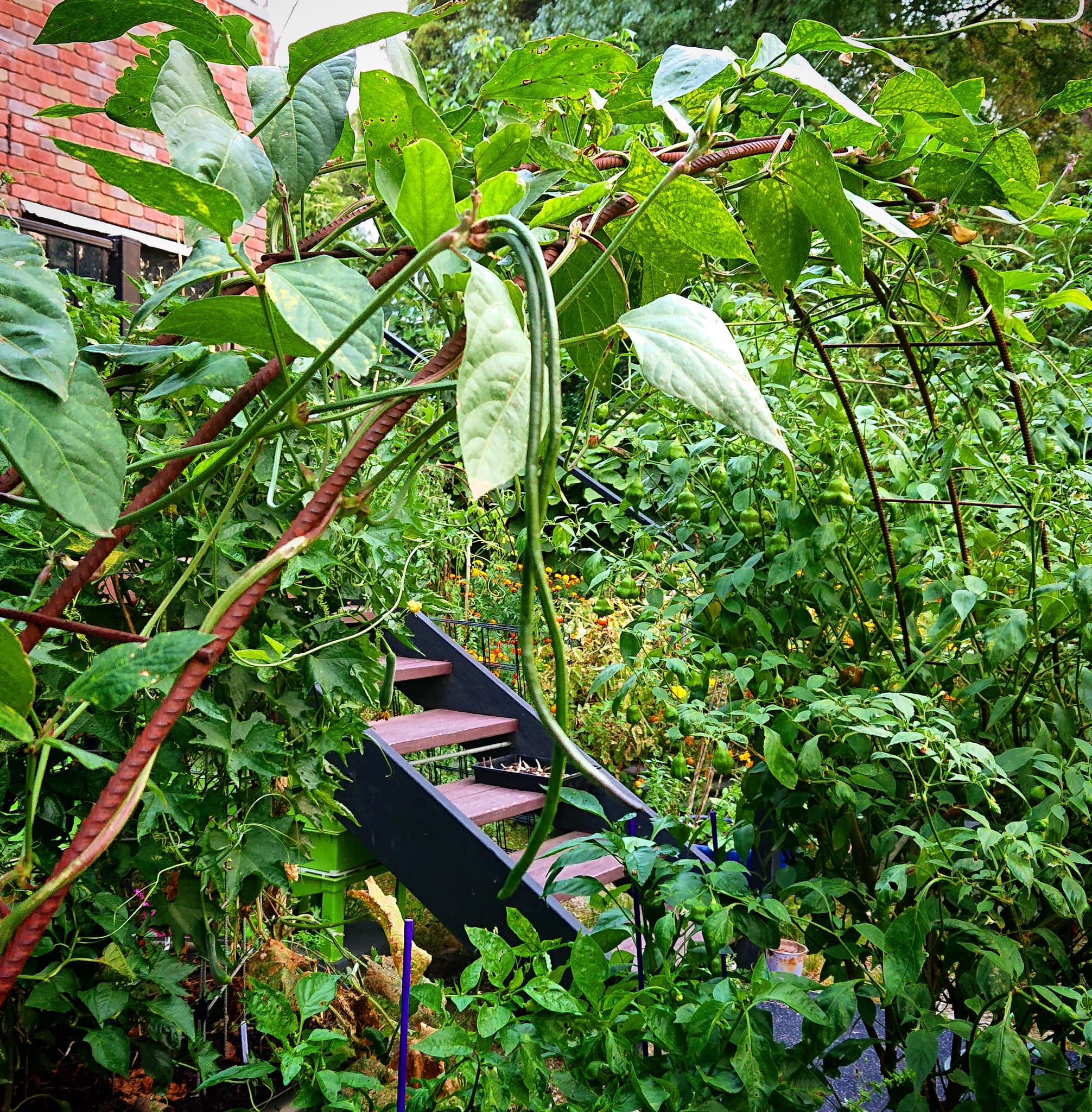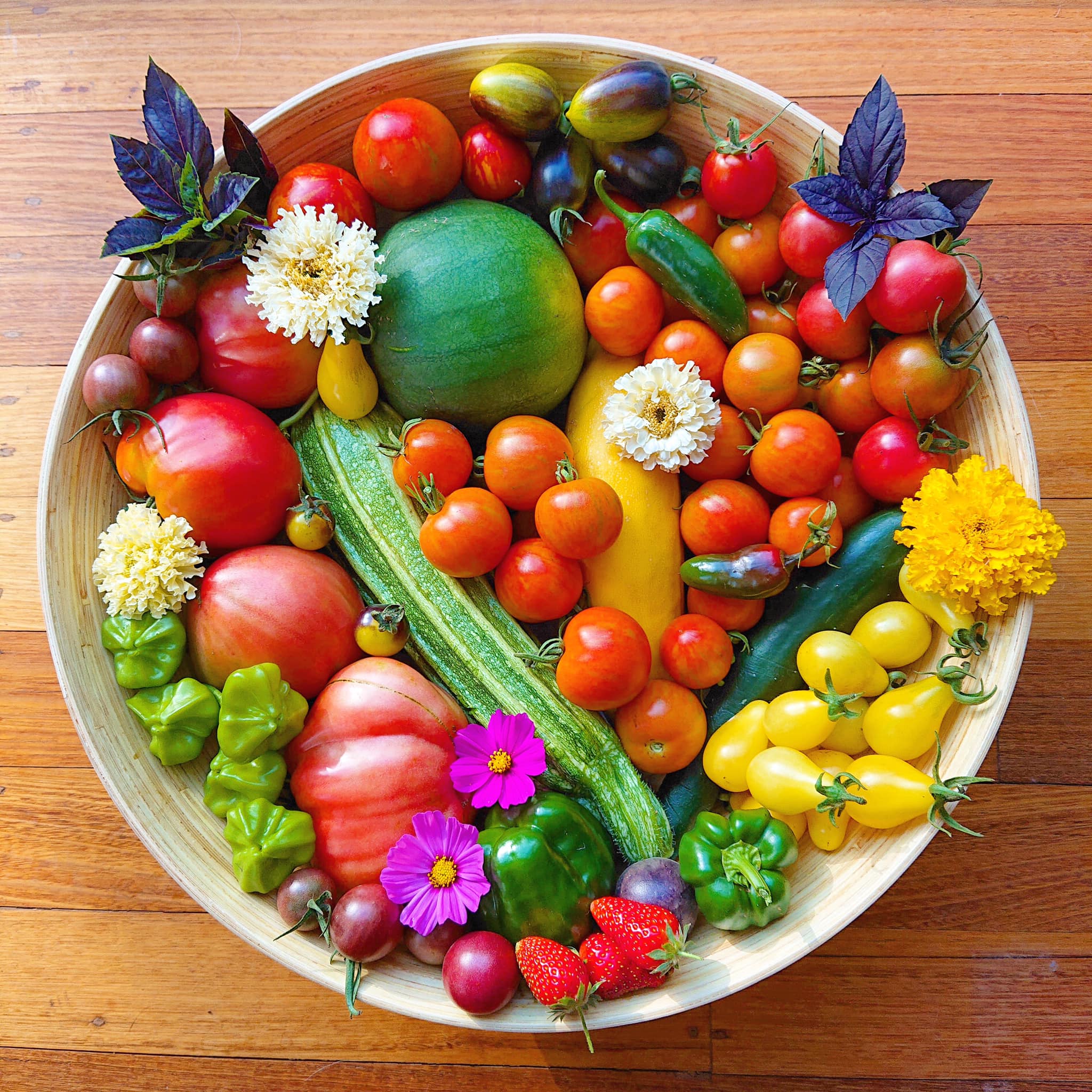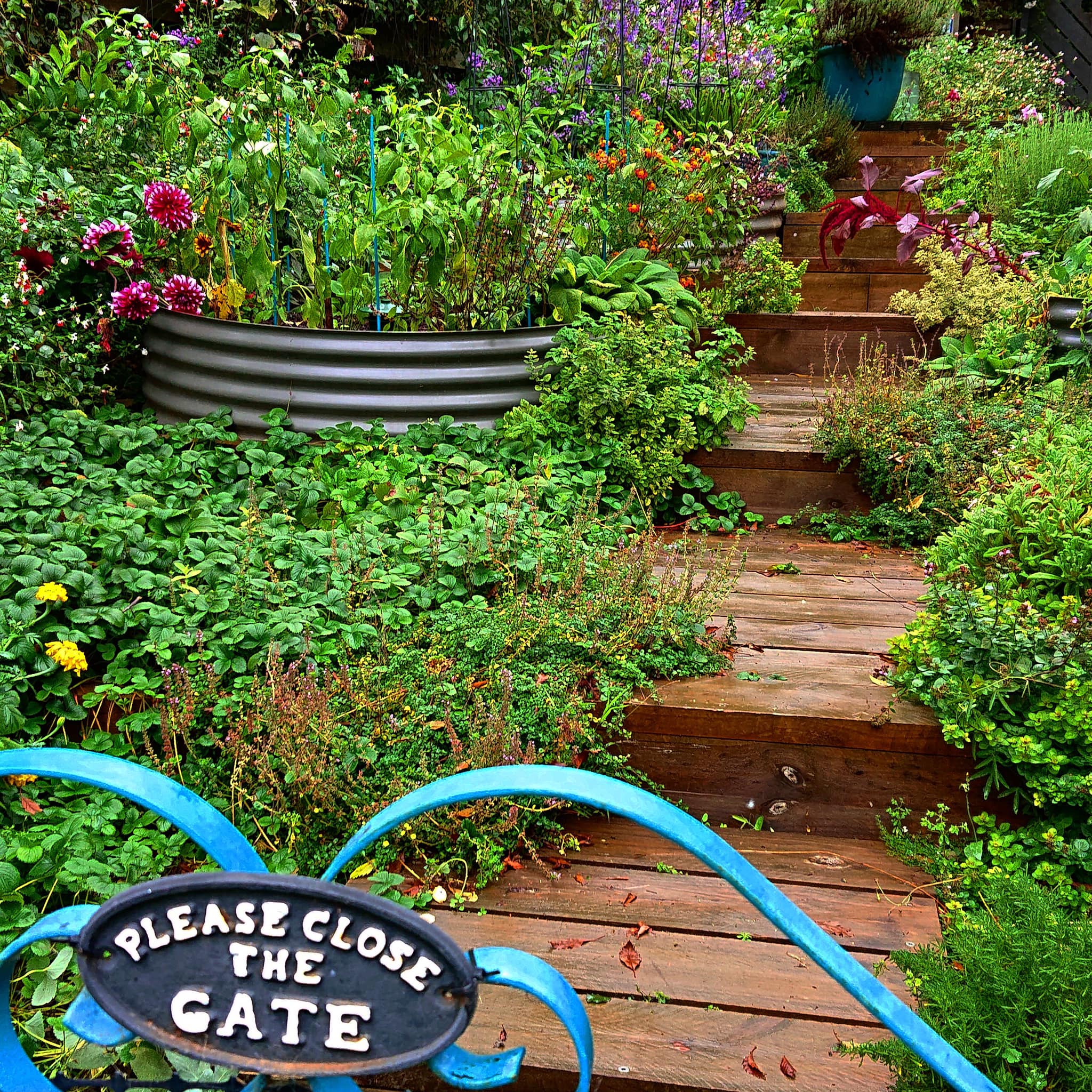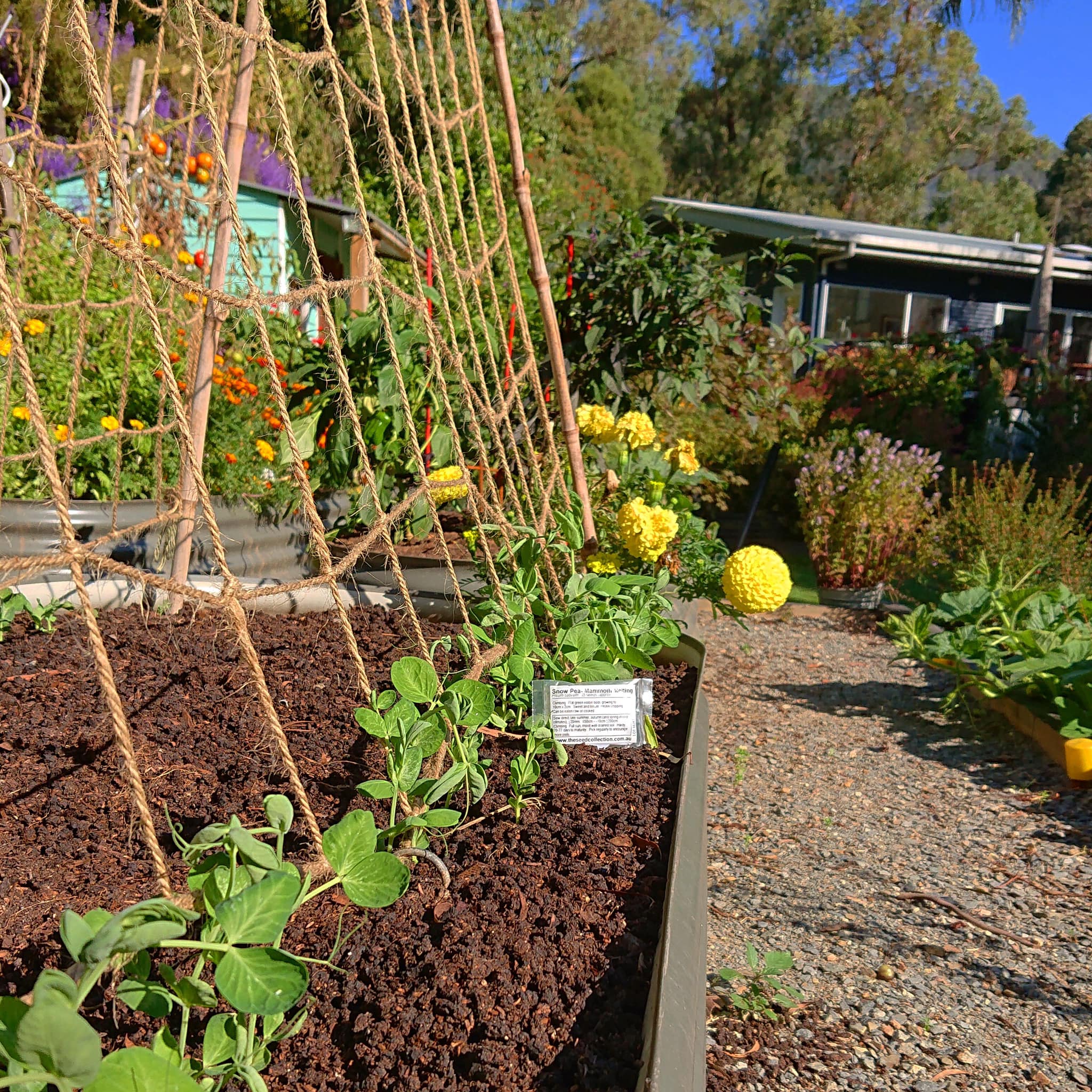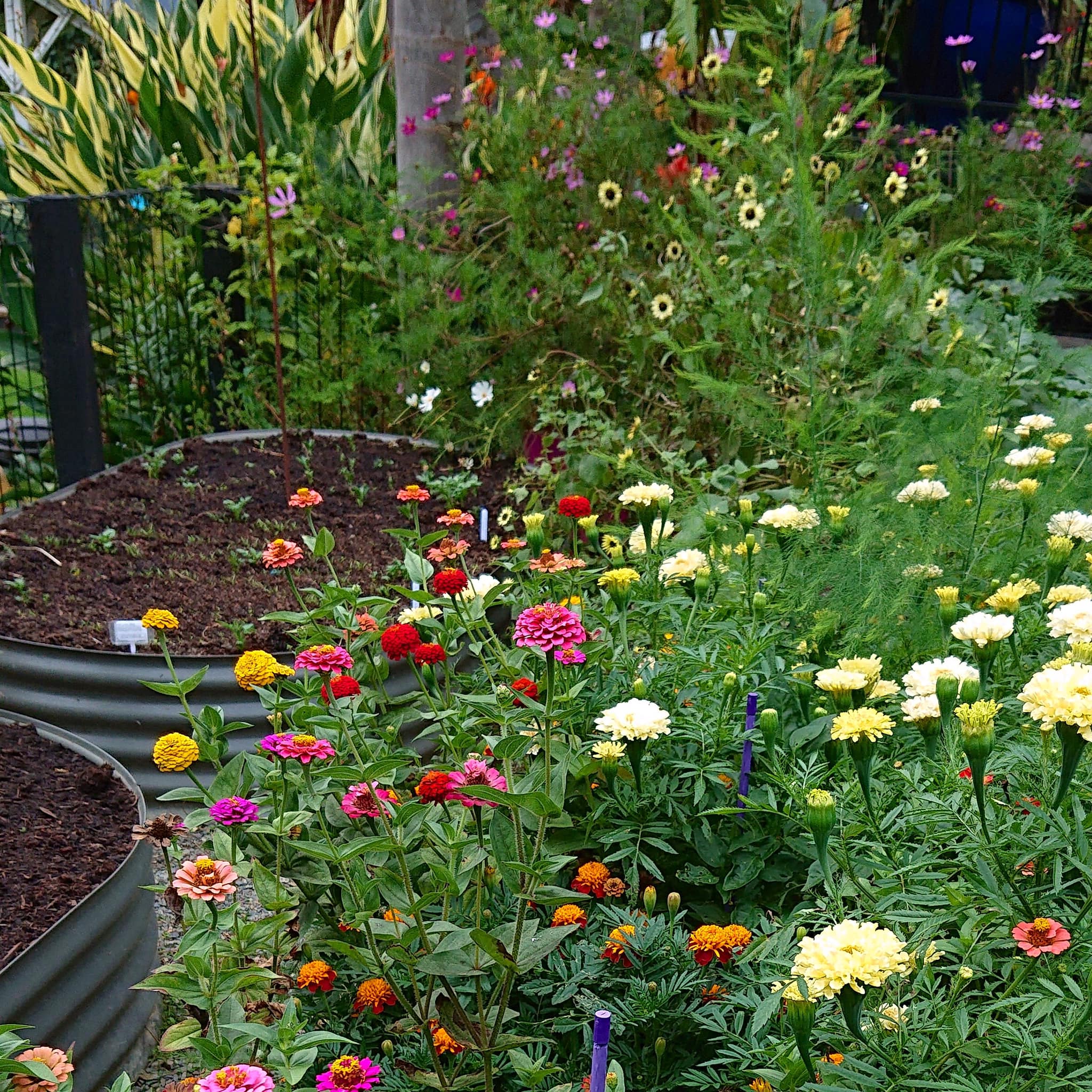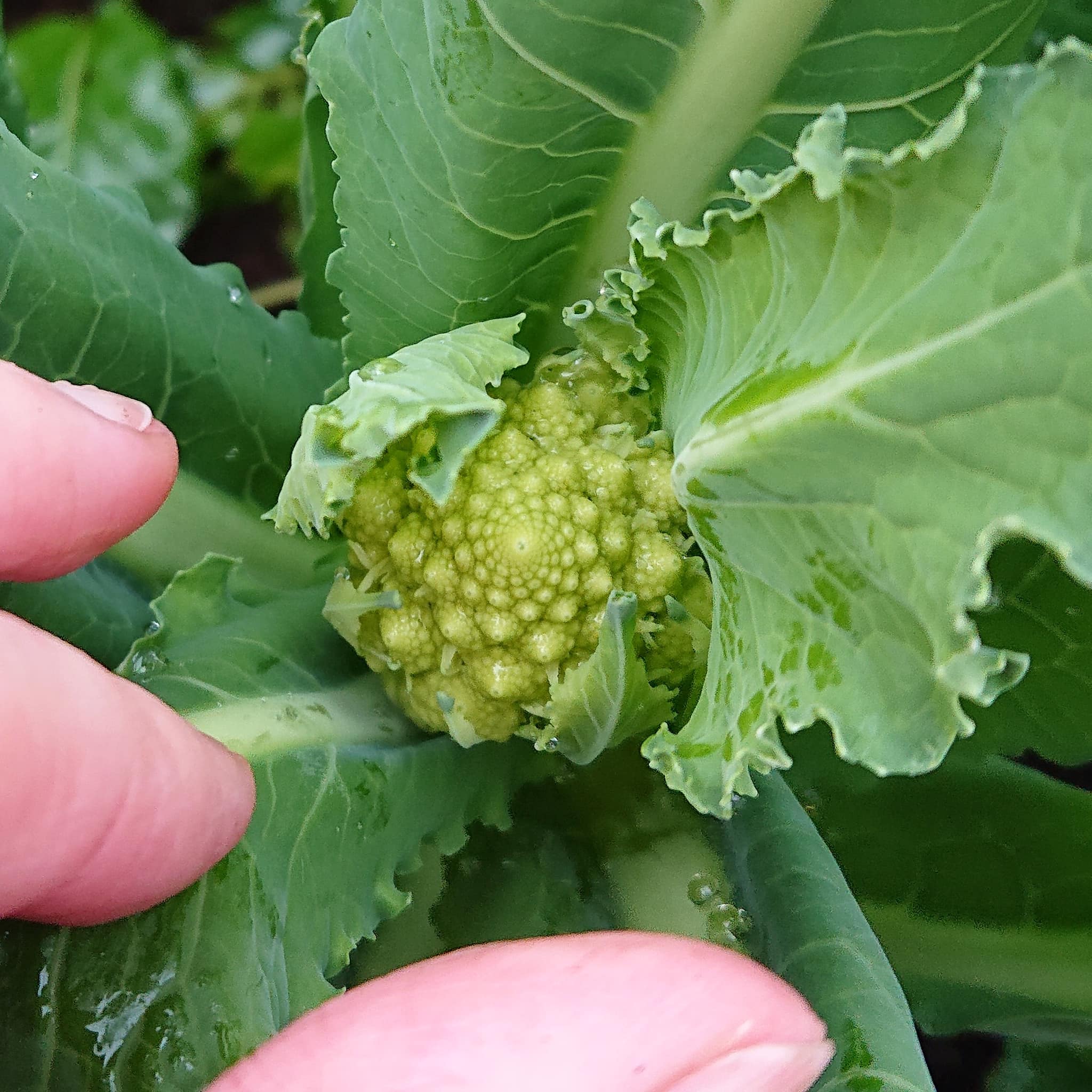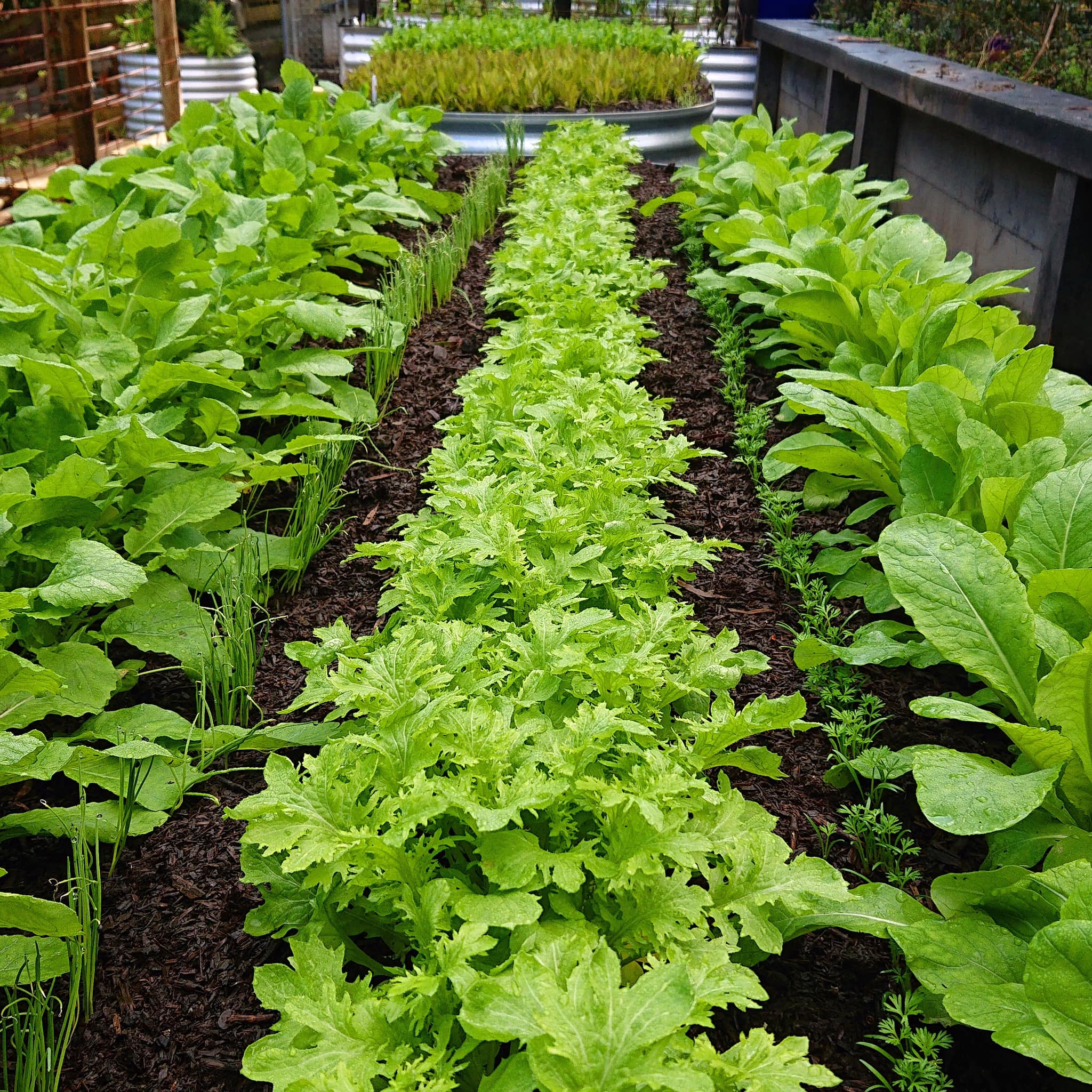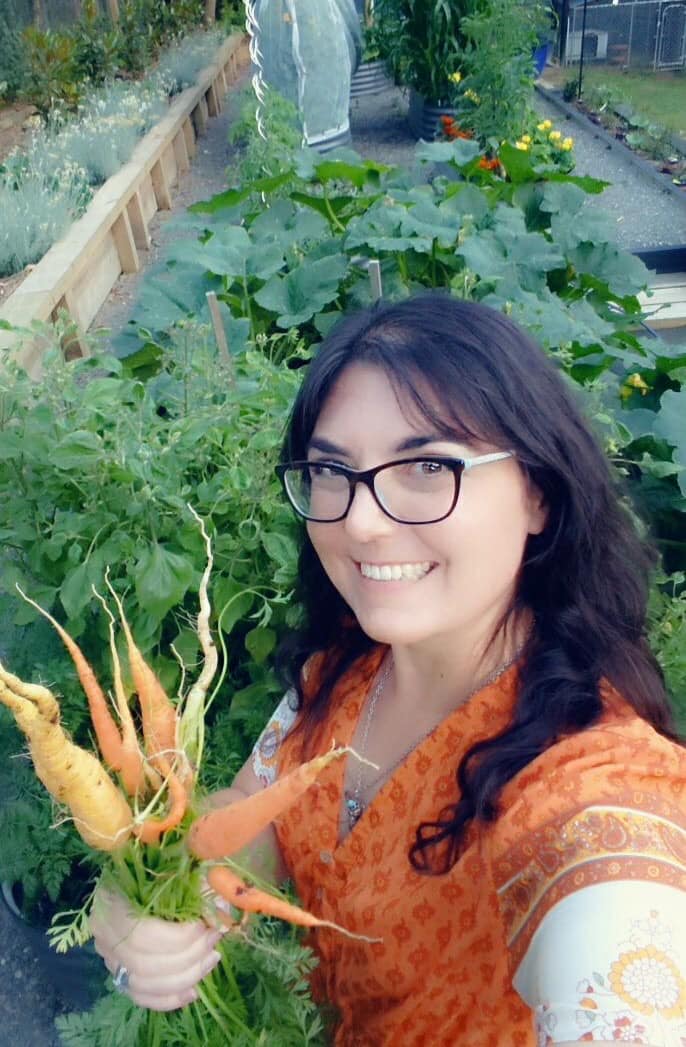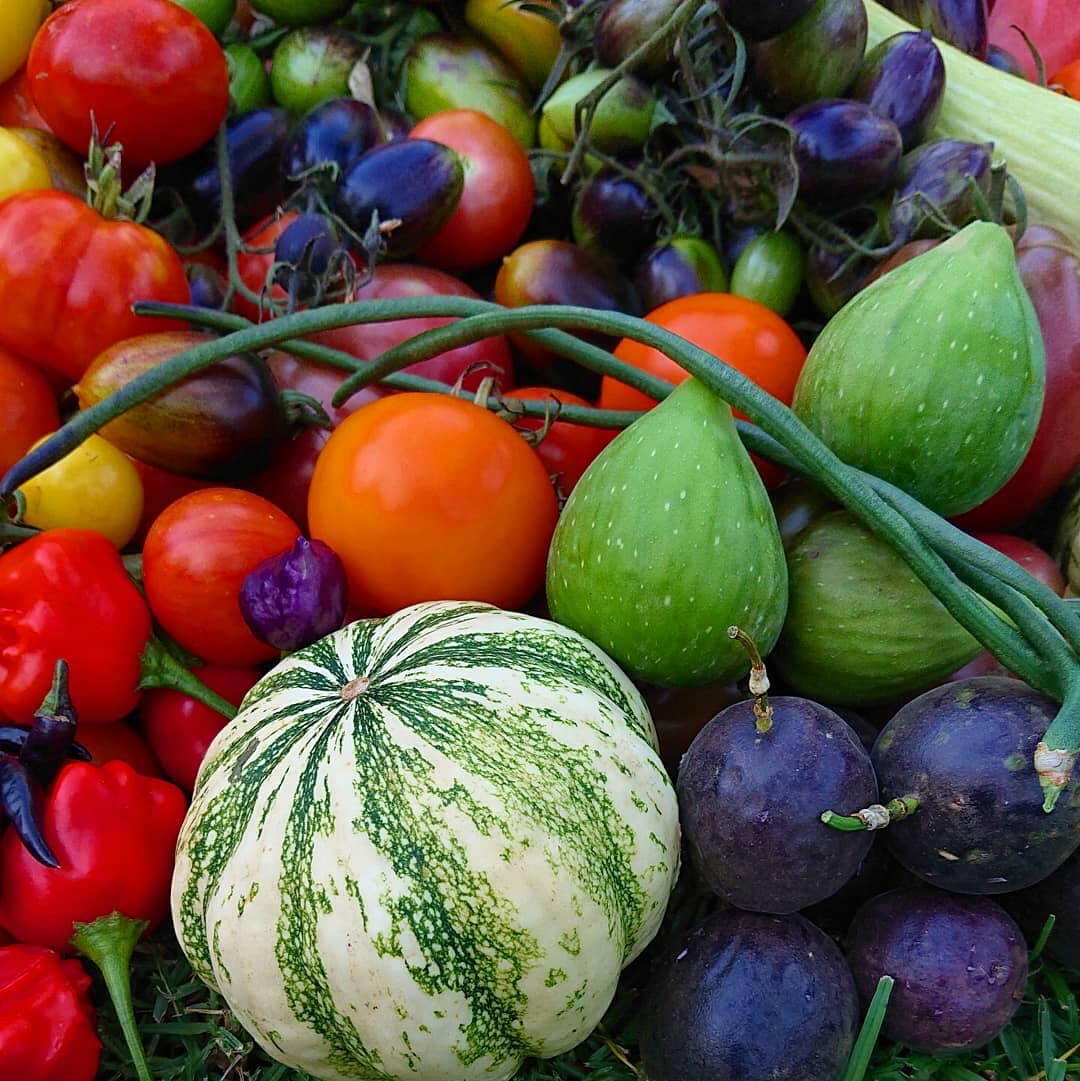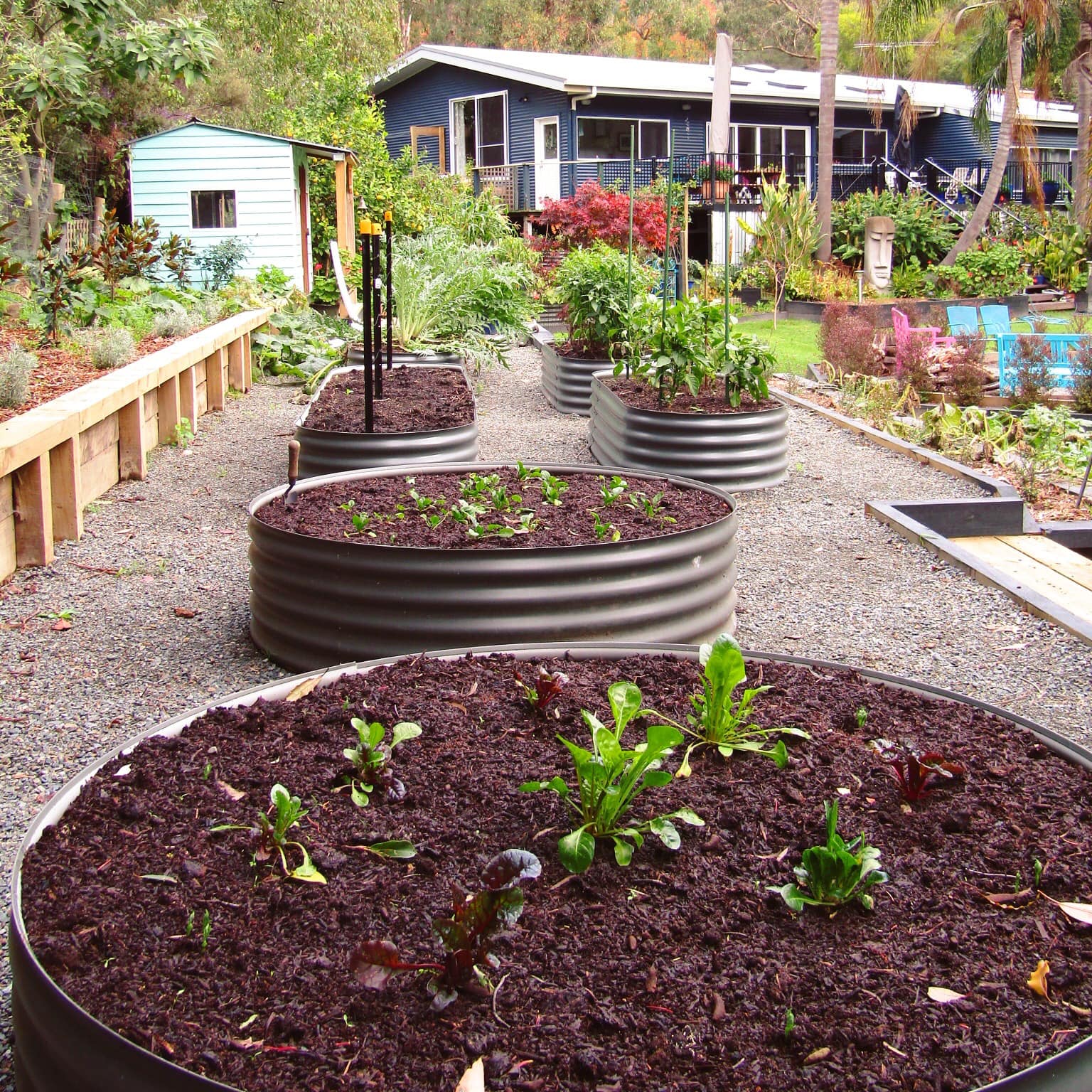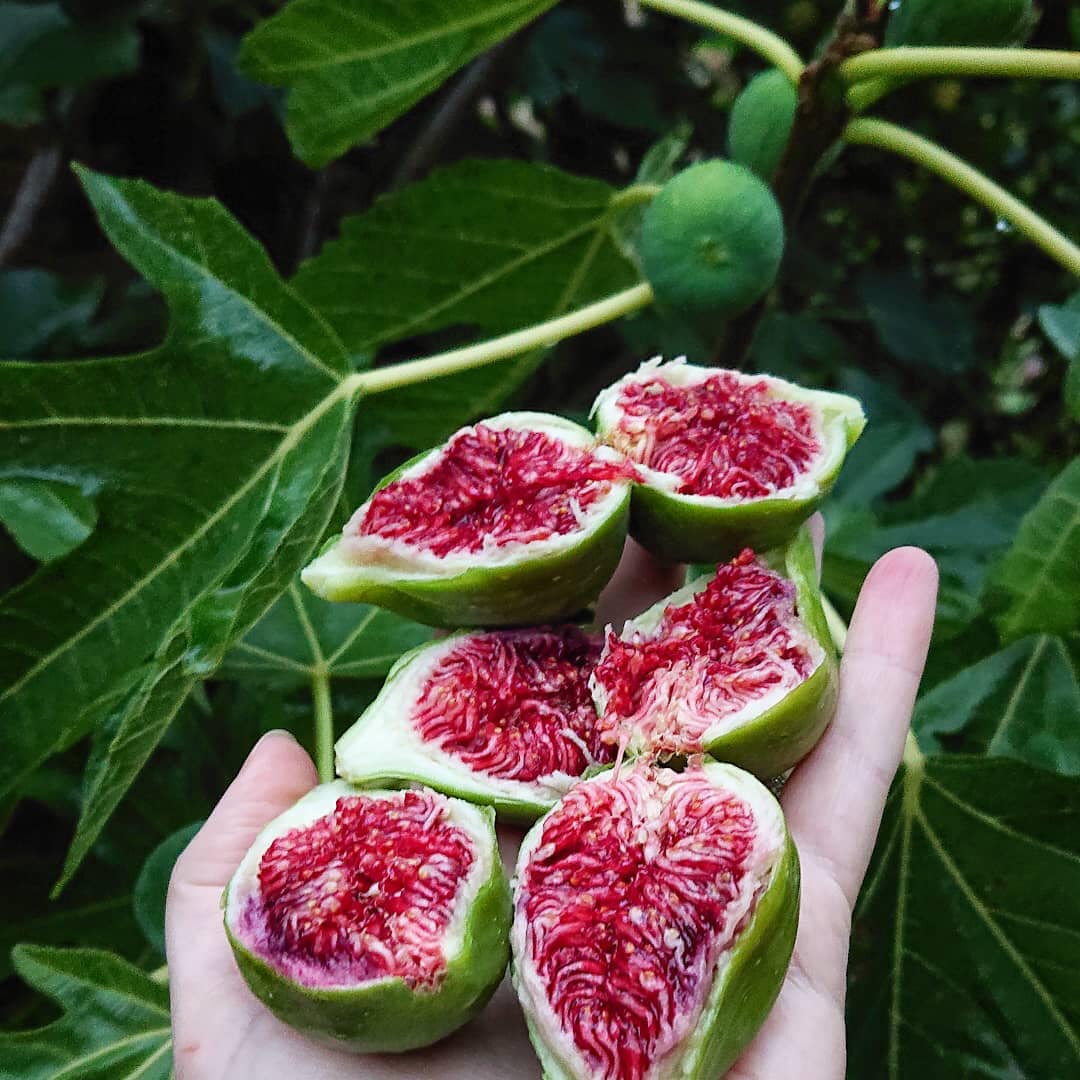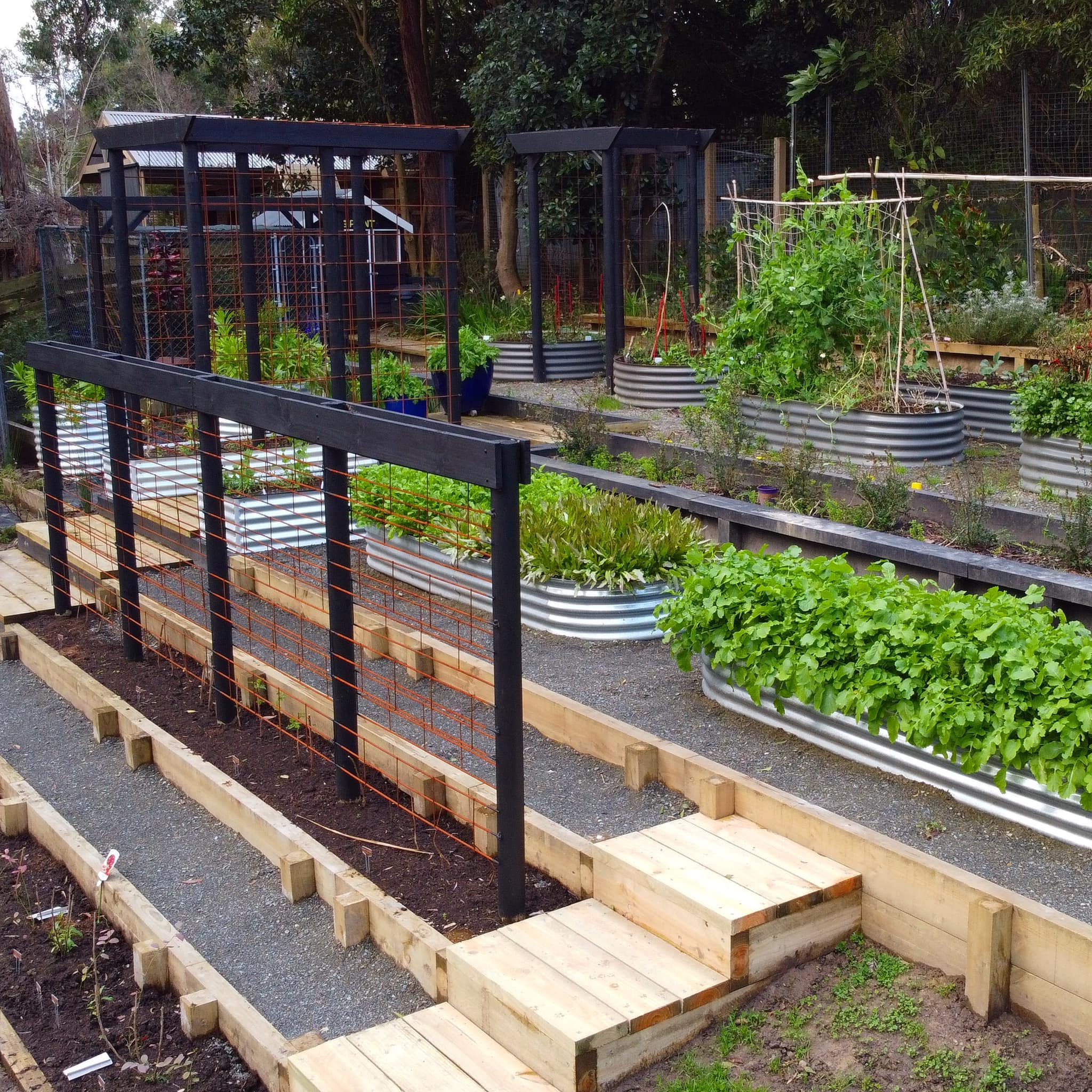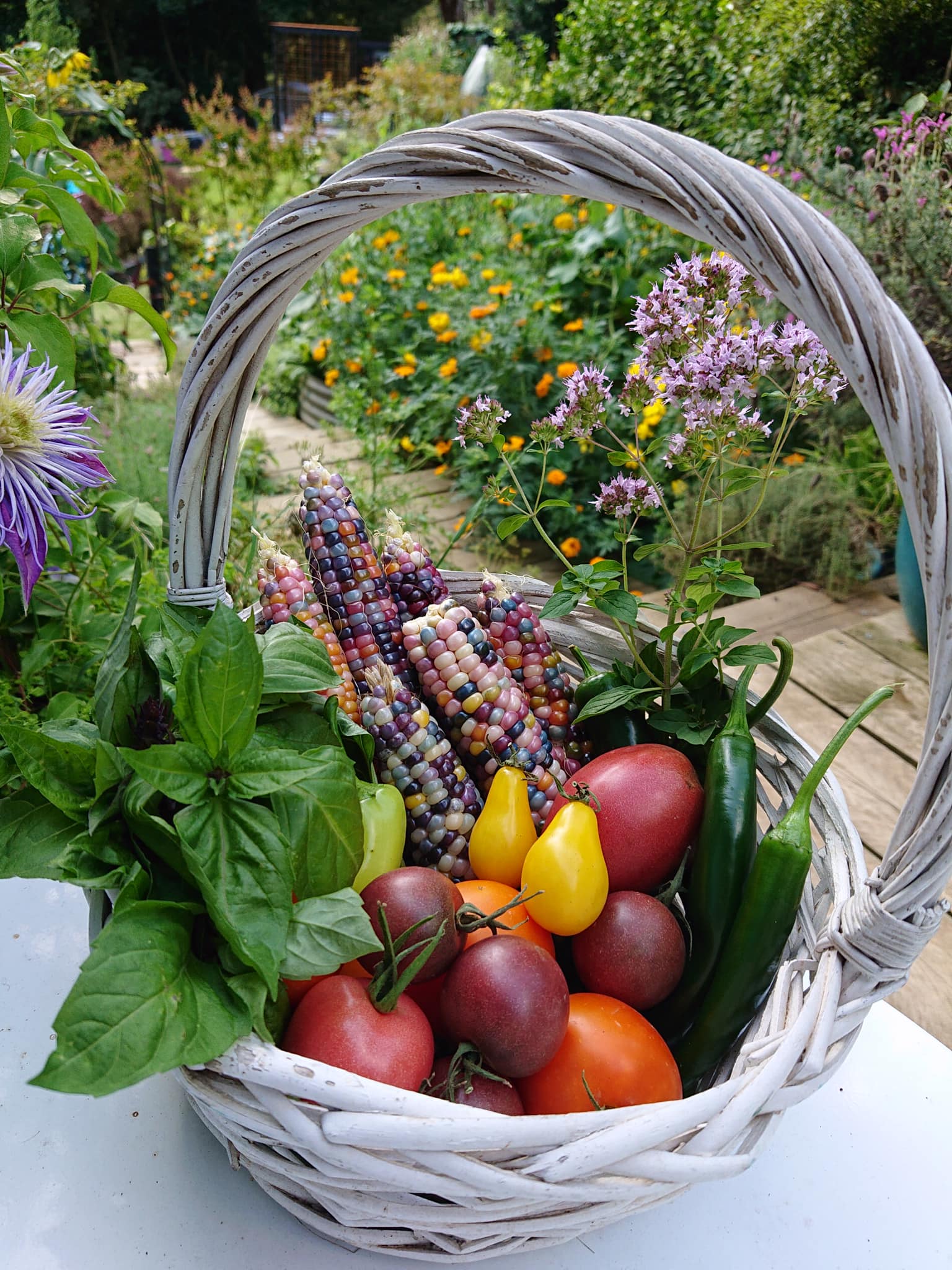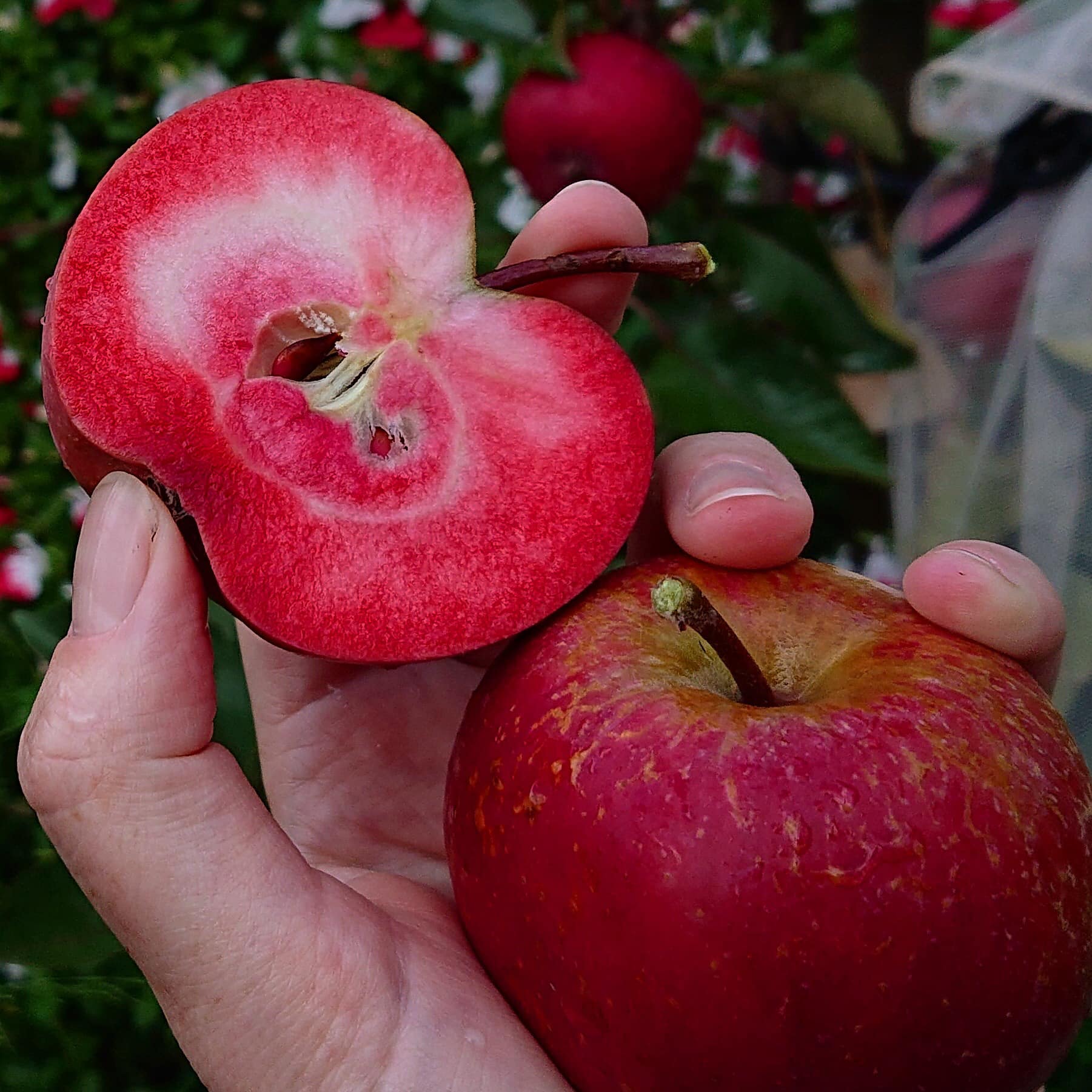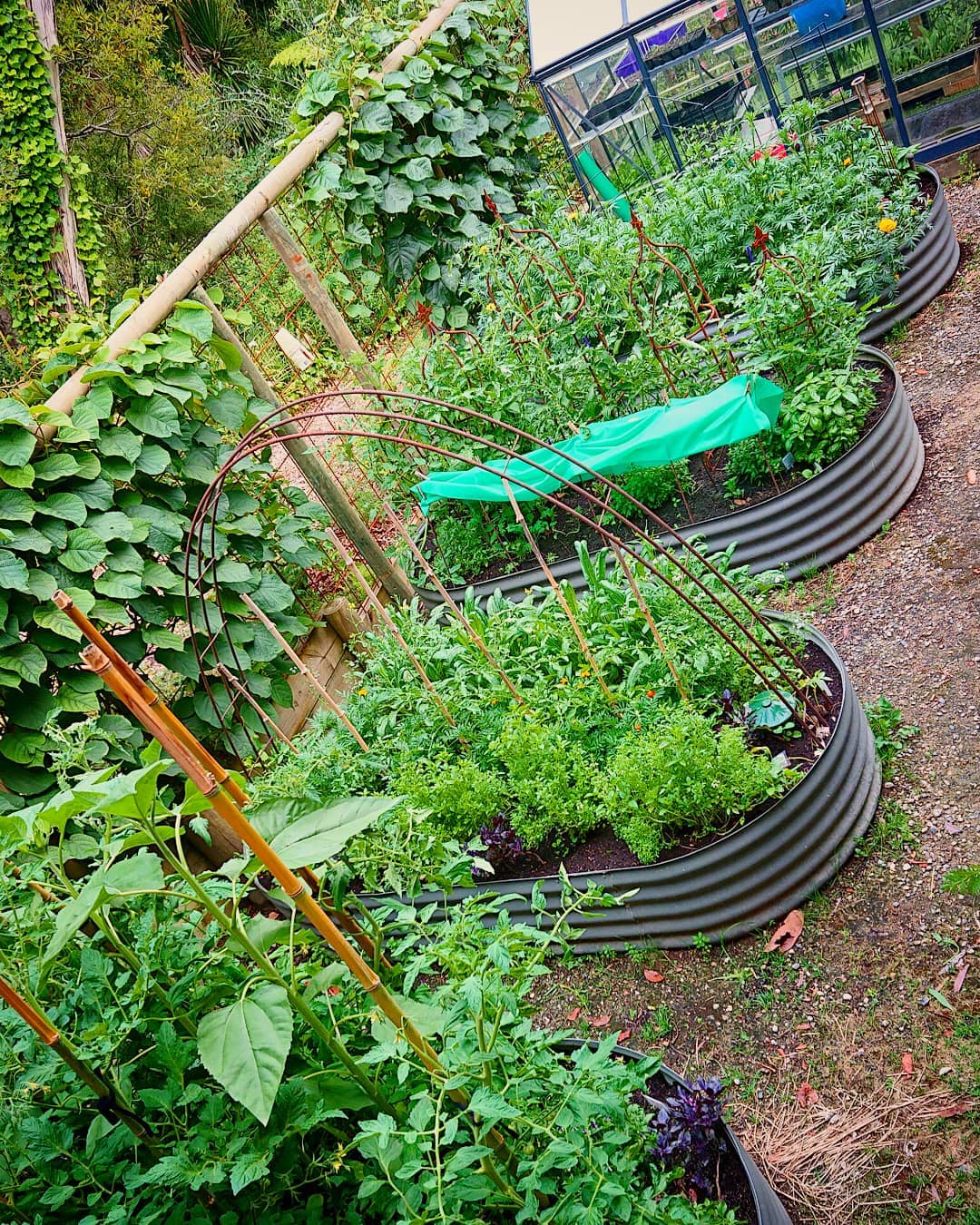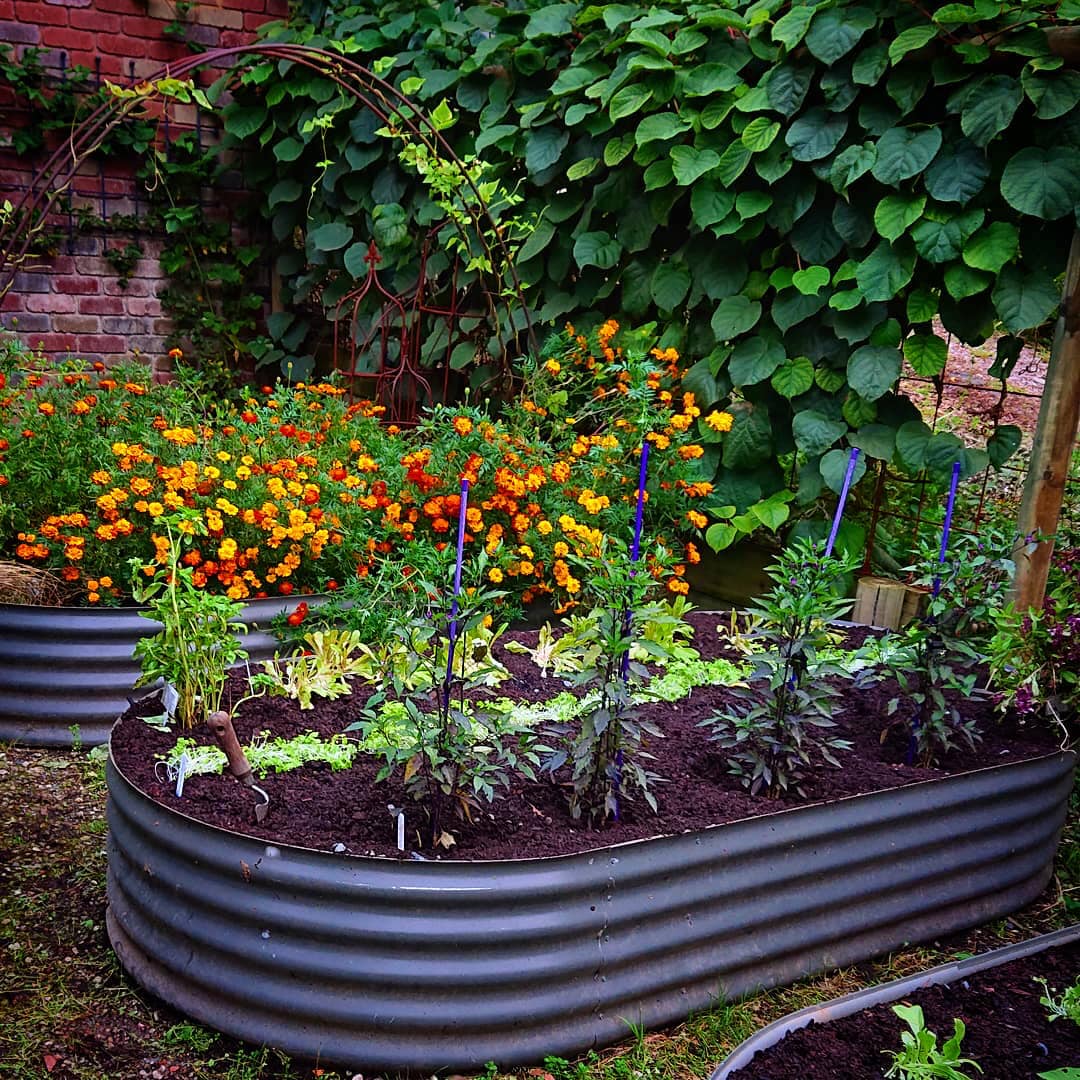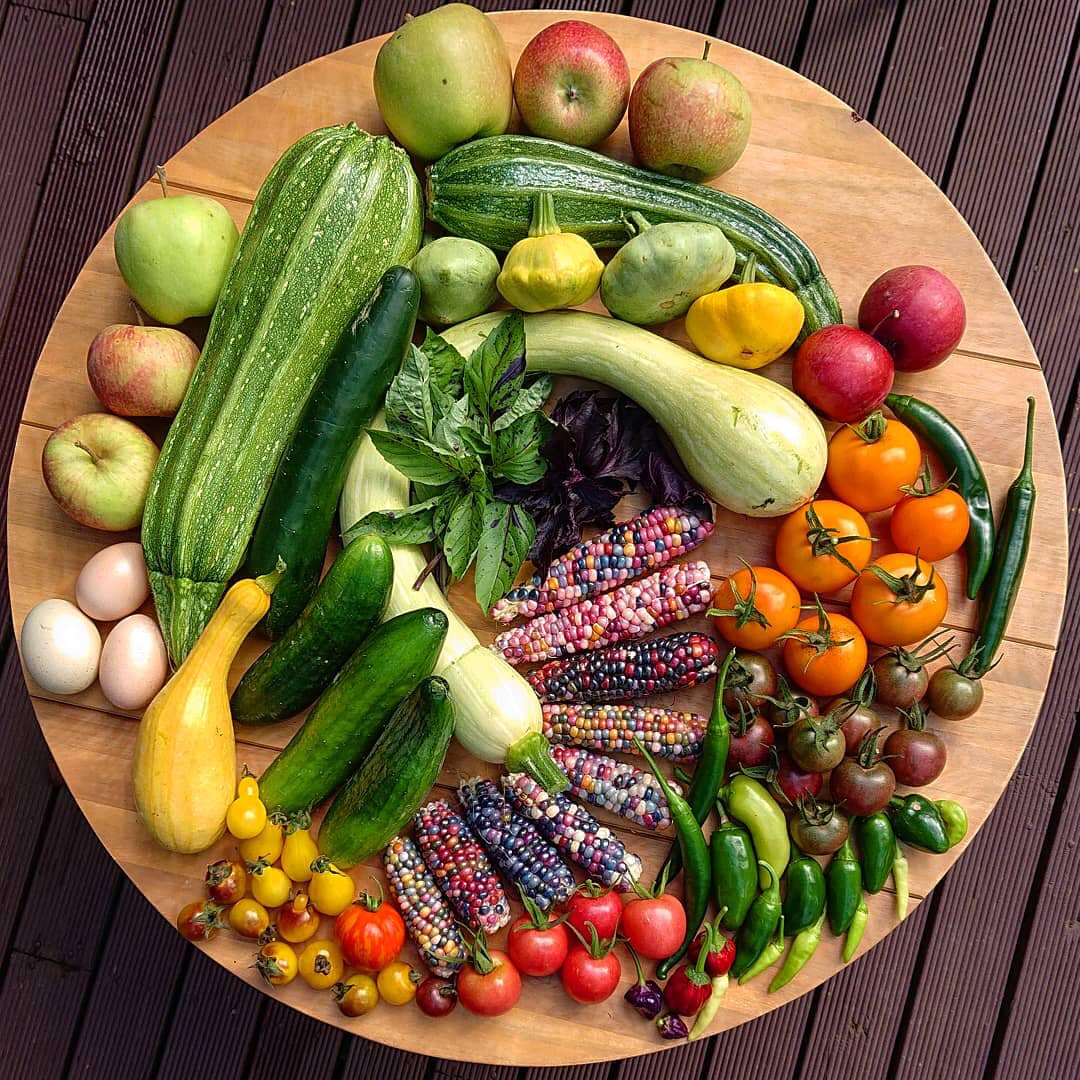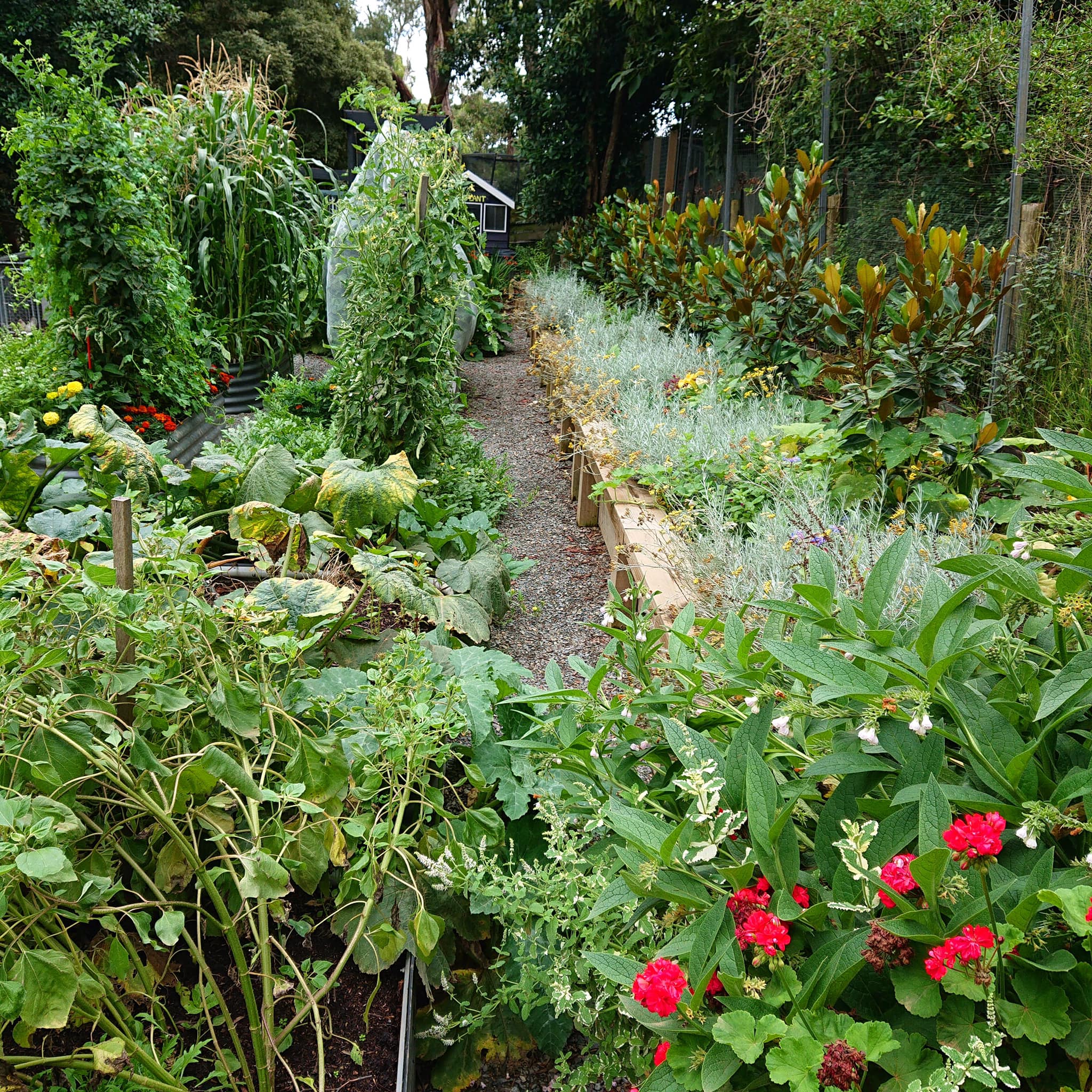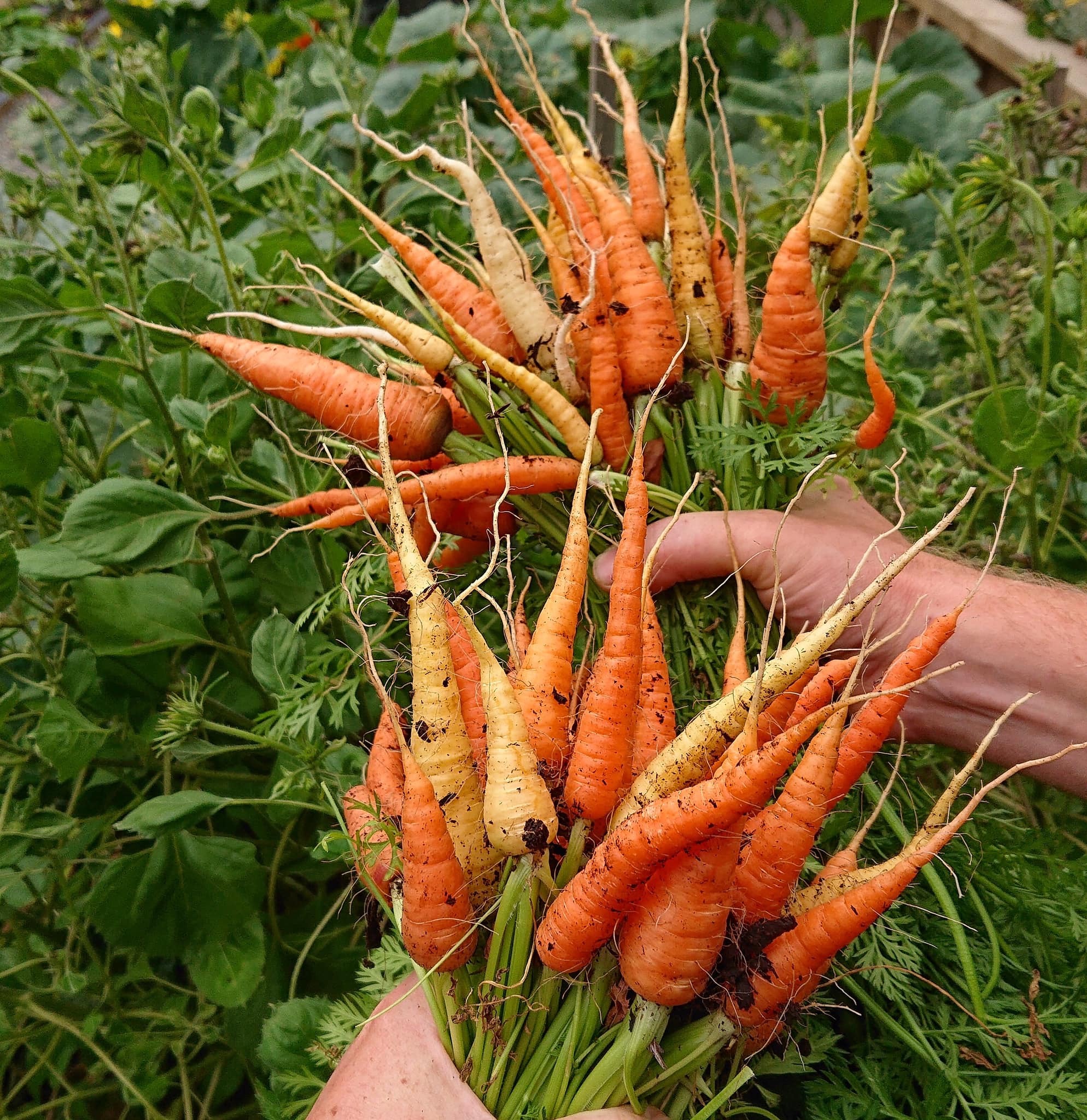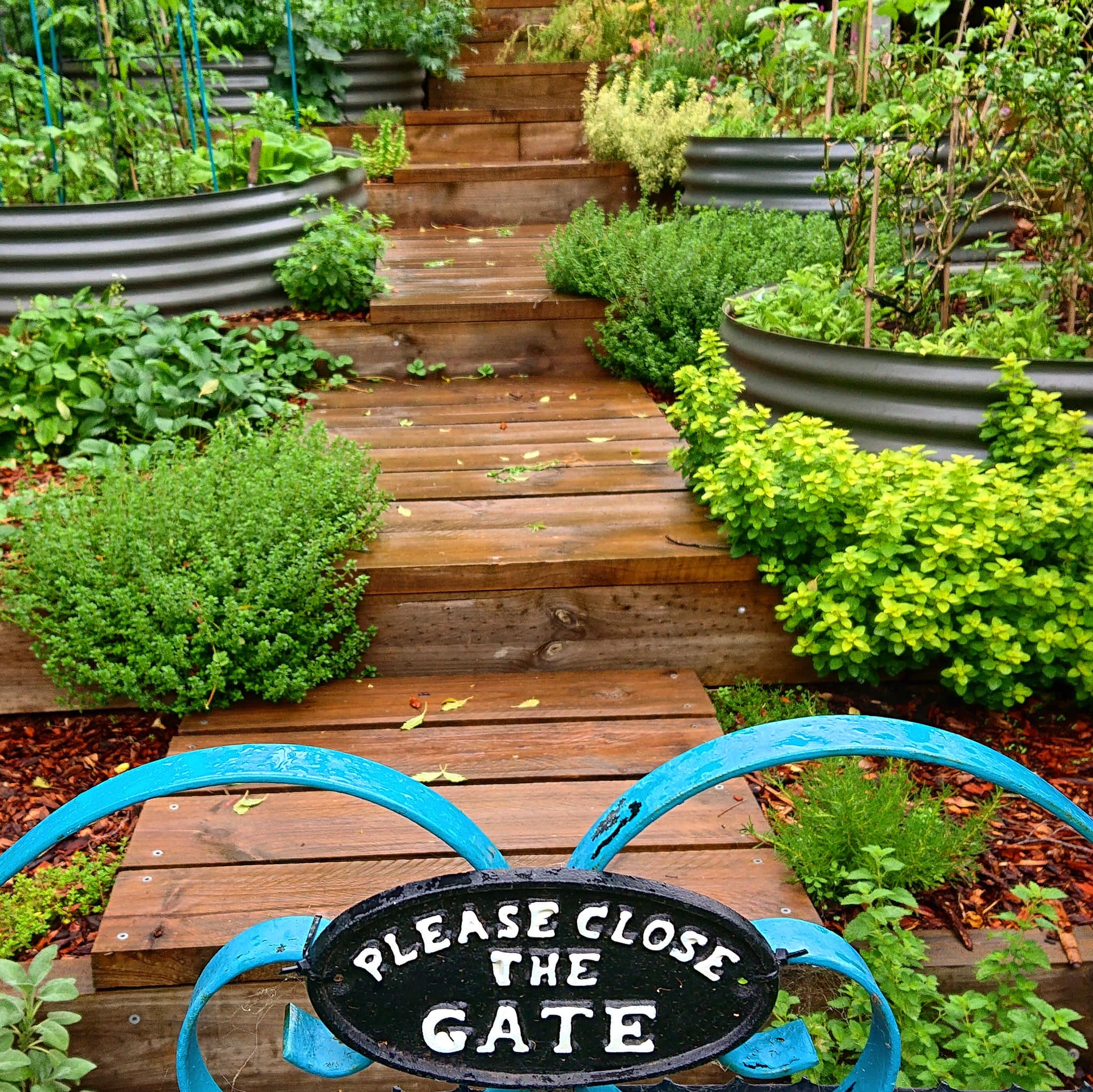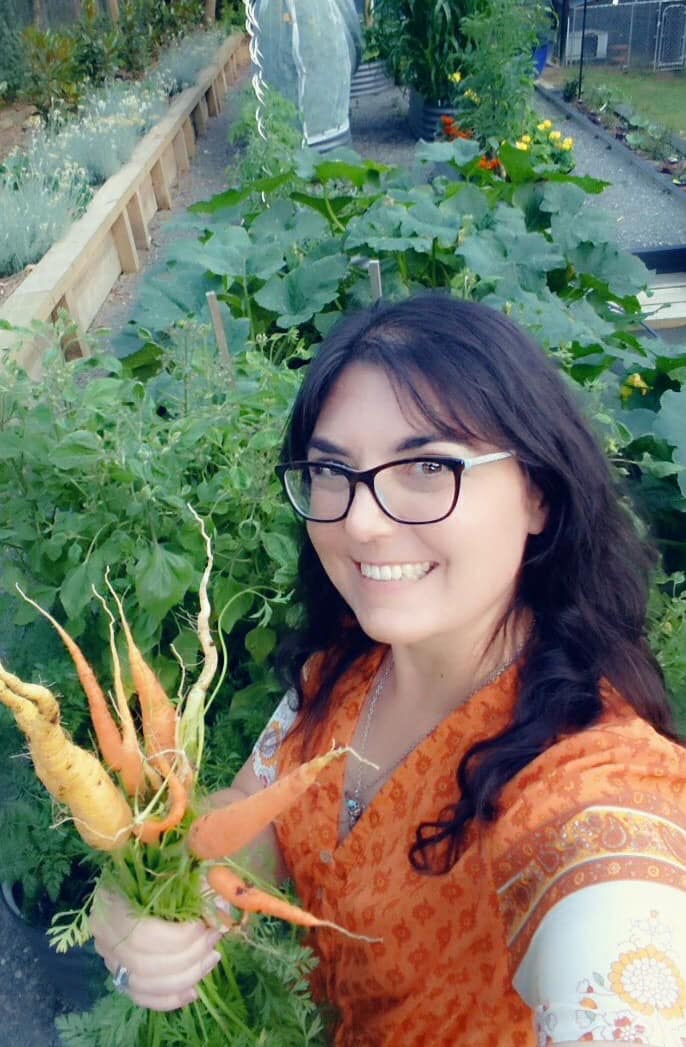“I am a gardening addict and insect enthusiast. I love nature, animals and the environment. I was inspired by my Italian grandfather's huge veggie patch. As a child watching him grow and produce a large variety of crops which were not commercially available in supermarkets opened my eyes to a wider and more diverse range of food crops.
I love growing my own food as seasonal eating and climate change are important issues to me, and they go hand-in-hand. The world can't afford the carbon footprint of being able to have what we want available on the shelves all year round. Flying produce in from overseas so we can have asparagus on supermarket shelves in our 'off' season is not sustainable for the future of the planet. In Australia we live in a privileged society where we are lucky enough to be able to grow fresh seasonal produce easily. The benefits of growing your own food, seeing the amount of time it takes, nurturing the soil and land is very soothing for the soul. I feel less inclined to waste food and have more respect for it, when I know how much effort it takes to grow. I love sharing fresh fruit and veggies with my family and friends.
I live in Melbourne Australia at the base of Mount Dandenong on 2800 square meters of land (3/4 of an acre), most of my land is taken up by veggie patches, fruit producing plants and trees, nut trees, herbs and flower borders to attract and provide habitat to all beneficial insects.
In terms of soil management I find a crop rotation system works best for me. Planting poly culture beds where there are multiple plants of different varieties and companion planting helps to stop the soil becoming depleted and manages any pest outbreaks effectively. We often plant a trap crop nearby to reduce the impact of pests on a particular plant variety. We have chickens who help turn over the soil and eradicate pests and weeds, the chicken pens are run on a deep litter method, which eventually makes it into the compost bin and back into the garden soil. Our three worm farms consume lots of our kitchen and garden scraps and produce worm tea and castings which also enrich the soil. None of food scraps ever make it to landfill as they're a valuable part of our permaculture system. I find when pests become a problem the best treatment is exclusion netting, this doesn't harm the insects, the ecosystem or crops and allows humans and insects to coexist in the same space.
I source seeds from multiple places, we only grow heirloom open pollinated, non-hybrid non-gmo seeds. We are lucky to have numerous companies available to us to purchase from locally and online. I actually work for a seed company
which allows me direct access to some of the best and freshest seed available, and the ability to source and try new heirloom varieties as they come onto the market. We also grow some seed crops organically here which are then sold at cost price to my workplace to encourage other gardeners to grow their own heirloom vegetable crops. We have a local seed and produce swap group which takes place once a month and gives us the opportunity to meet and swap seeds and excess produce with other like-minded people.
The biggest hurdle for myself, as with other gardeners is often time, patience and weather. Our local climate will often experience 4 seasons in one day, where we can go from 40 deg celsius to hail within a few hours. Managing crops through these conditions can be challenging. I also find that once pests inevitably arrive, the best cure is to sit back and wait for nature to bring in the predators, this requires patience. I often see people spraying for pests which creates a bigger problem down the track. The biodiversity of the insect world is so important to the ecosystem that if you interfere with this delicate balance it can have catastrophic repercussions for years to come. Mother nature always seems to have a natural solution without human intervention, you just have to sit back and wait.
The biggest reward for me is that productive gardening is self-fulfilling. Every seed is sown in hope of the future, every plant and every insect is just trying to survive and reproduce. Things in nature are so peaceful and harmonious, watching the garden grow through the changing of seasons and passing of years is one of the most rewarding and fulfilling things anyone can experience. Encouraging others to grow their own food, to think sustainably about their food choices and food origins is also very rewarding. Expanding our food knowledge and varieties beyond the supermarket shelves is rewarding; watching the joy on someone's face the first time they peel the husk off a glass gem corn cob, or see the kernels turn into popcorn in the microwave is a joyous experience. Food is so much more than something you buy at a supermarket.
We have been part of the open productive garden scheme providing tours of our garden to encourage other people to grow their own food. I am always available through social media and email to answer questions or concerns when it comes to people starting their own food gardens. We also regularly donate any excess produce to the Food is Free movement and we are regulars at our local Seed Swap monthly meetings.
Growing your own food is one of the most rewarding journeys you can embark on. It is accessible to anyone and everyone, it teaches you patience, gratitude and to respect and nurture your environment. Most importantly it's great for your health and wellbeing, excellent for stress reduction and FUN!!”
